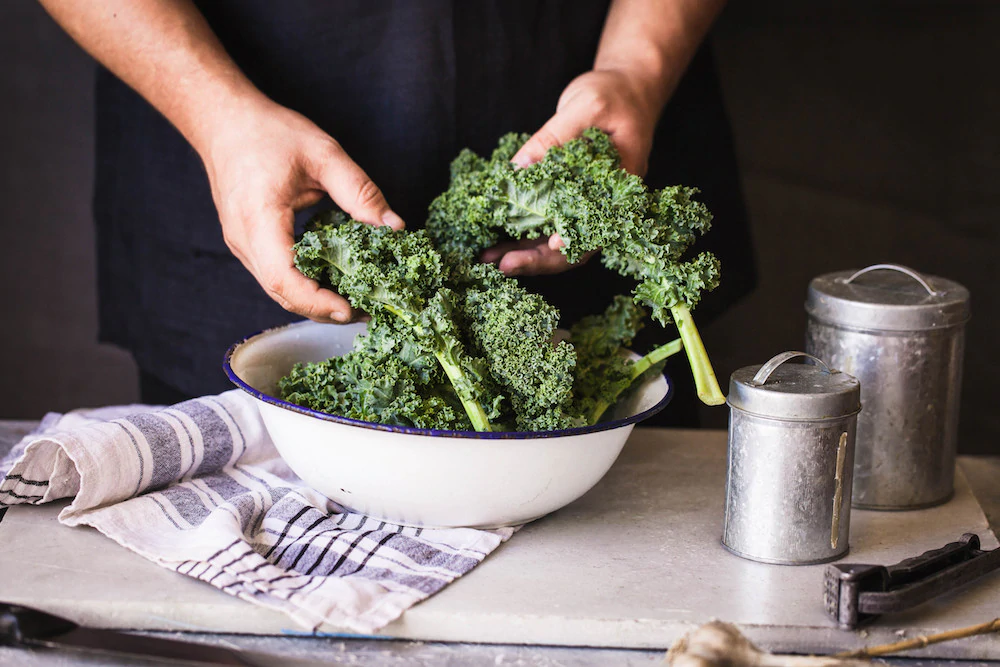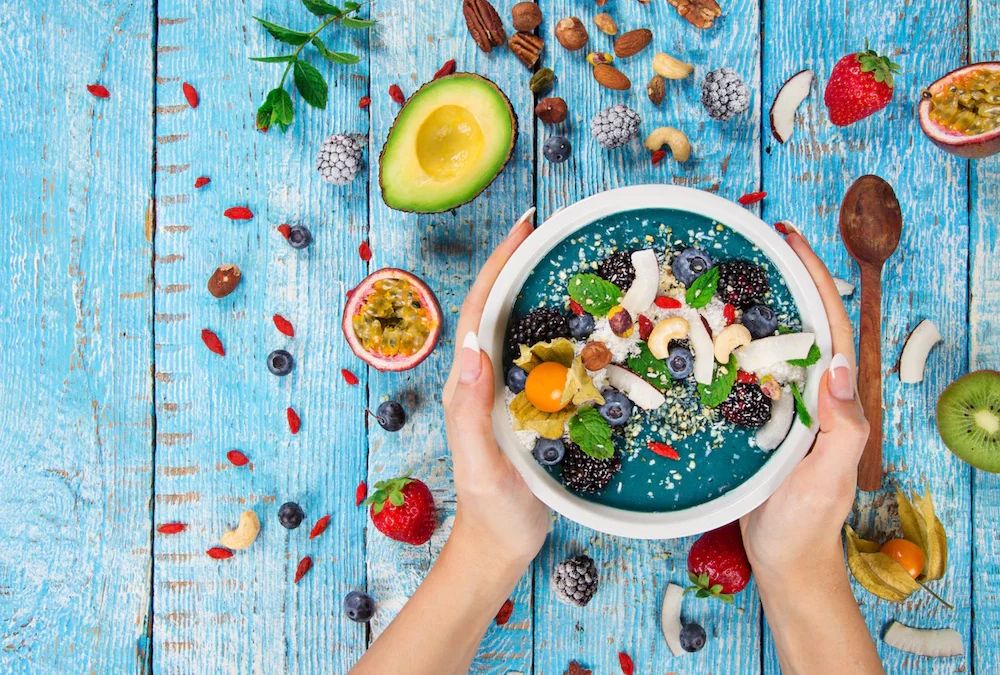Acai, quinoa, goji berries and kale are just some examples of what comes to mind when we think of superfoods. This term is used for a food assumed to confer health benefits resulting from an exceptional nutrient density. However, there is no actual legal definition of this term meaning anyone can claim a food to be ‘super’. Within recent years, we have seen an increase in this term being used in the food industry as a marketing strategy to increase revenue amongst certain products, with the so-called superfoods resulting in super sales.
This is not to say that the currently trending superfoods are not nutritionally beneficial, as they do provide vitamin and nutrients which can be great for our health. However, it’s important to note that different nutrients provide different health benefits and that one particular food is not superior to another. In addition to this, not ONE single food on the market provides all the vitamins and minerals the body requires, which is why we recommend a varied, well-balanced diet consisting of all five foods groups.

Let’s take Kale as an example. This so-called superfood has become well-known for its nutritional profile consisting of large amounts of iron, calcium, vitamins C & K alongside other antioxidants. However, generally speaking, all dark green vegetables are powerhouses of nutrients. Yes, kale may contain more vitamins and minerals by weight than other vegetables such as broccoli, spinach or cabbage but this doesn’t mean your body will gain superpowers if you eat more, especially if you are already getting enough of these vitamins and minerals from other sources. What you may not know is that kale contains less iron, magnesium and folate than spinach and less vitamin A than carrots. So eating kale alone will not be enough to support a healthy diet nor magically fix any health problems.
This brings us back to the importance of a varied diet. As mentioned above, not one particular food is better than another. They all contain different amounts of vitamins and minerals which are needed by our body for obtaining optimal health. Therefore, to improve your nutritional intake and overall health it is best to consume a varied and well-balanced diet consisting of a vast variety of fruit and vegetables. By doing so you can take advantage of the unique benefits each has to offer whilst adding more variety to your daily meals.
In the end, balance is the real superpower!

